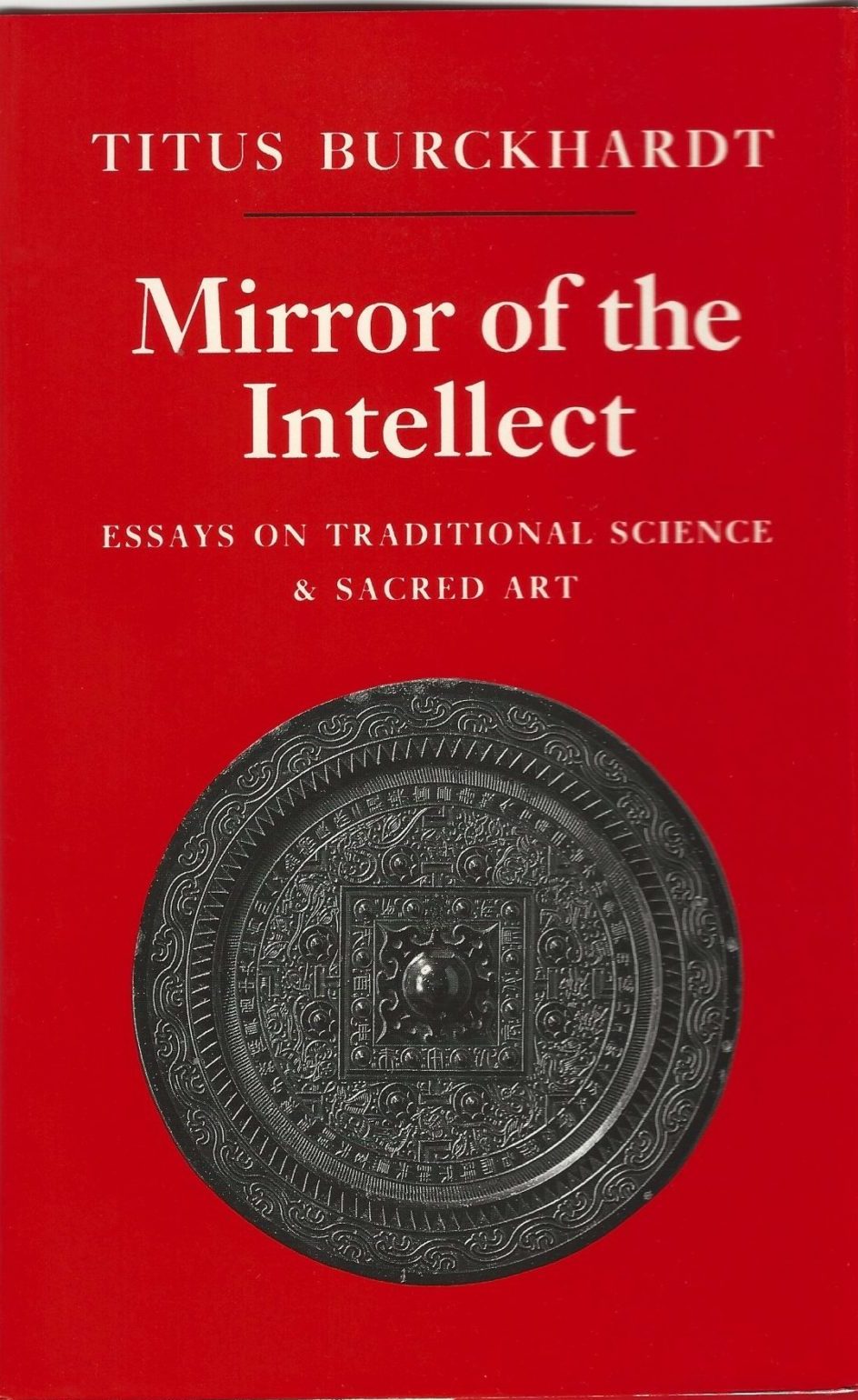Mirror of the Intellect: Essays on Traditional Science and Sacred Art
$32.95
The present volume is a complete collection of Burckhardt’s essays, originally published in a variety of German and French journals. They range from modern science in its various forms, through Christianity and Islam, to symbolism and mythology. It is a rich collection. Burckhardt blends an accessible style with a penetrating insight. He interprets the metaphysical, cosmological, and symbolic dimensions of these sacred traditions from the perspective of timeless, spiritual wisdom.
Titus Burckhardt was Swiss and an eminent member of the traditionalist school. He is perhaps best known to the English-speaking public as the author of the following books: Sacred Art in East and West; Siena, City of the Virgin; Moorish Culture in Spain; and Alchemy: Science of the Cosmos, Science of the Soul. A generation ago, he won much acclaim for producing and publishing the first successful, full-scale facsimiles of the Book of Kells and other ancient manuscripts. In more recent years, he acted as a specialist advisor to UNESCO, with particular reference to the preservation of the unique architectural heritage of Fez, which was then in danger.
- 978-0-94662-1088
- 269
